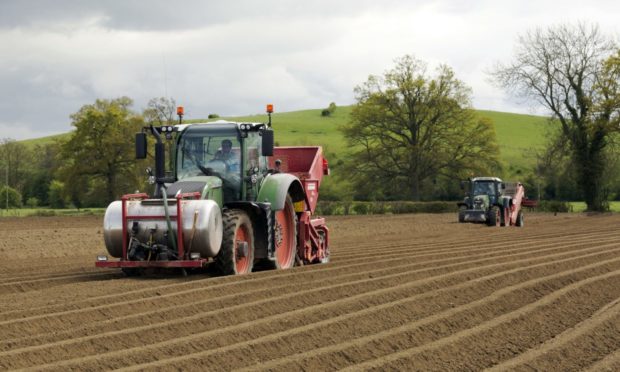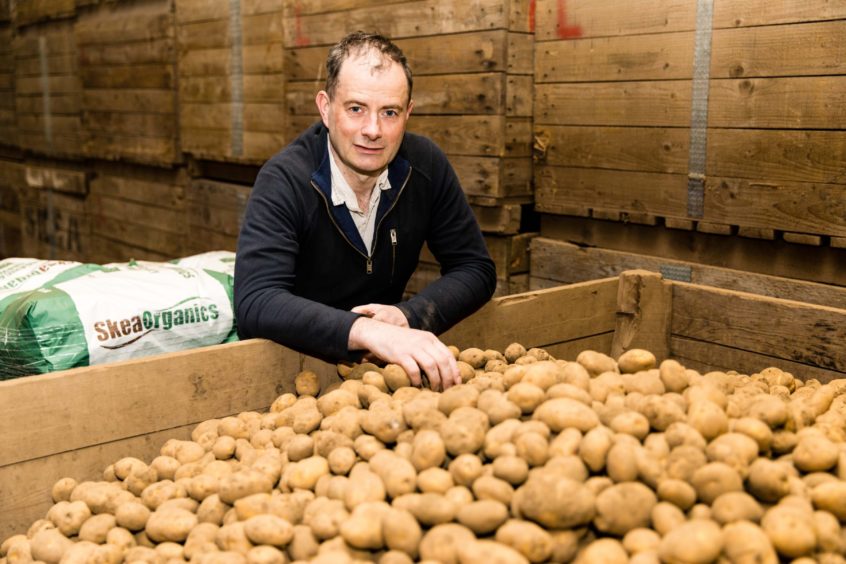A controversial Scotland-specific trade arrangement with the EU is being considered as a way of kick starting the export of seed tatties to Europe.
Scotland’s chief plant health officer, Professor Gerry Saddler, has written to seed potato growers and exporters suggesting that one way of resolving Europe’s current ban on UK imports would be for Scotland alone to align with parts of the EU’s legislation.
With no likelihood of seed potato exports to Europe resuming any time soon, Prof Saddler – the head of the Scottish Government’s scientific advice agency for agriculture, SASA – outlines three options in his letter, and has asked for the industry’s view on the best way forward by next Friday.
The first option is to continue to work with Defra to explore all possible avenues, an approach which he warns could be a “lengthy process”.
The second suggestion is to look at offsetting or mitigating the loss of the EU and Northern Ireland markets by developing a self-contained Great Britain market – which again indicates an acceptance that there will be no short term fix.
Professor Saddler’s third option is to: “Examine the possibility of a ‘Scotland-specific’ agreement with the EU which may reopen up the EU and NI markets. This may mean we commit to aligning with parts of the EU’s legislation”.
The idea was given short shrift by NFU Scotland’s (NFUS) potato policy adviser, David Michie, who said it didn’t look like a political reality.
“The union would rather concentrate efforts on making trade reciprocal ,” he said.
NFUS potato committee chairman, Mike Wilson described the idea as a “non starter” and pointed to the massive political implications of trying to achieve dynamic alignment for one sector.
“But in the meantime there’s no way we can continue taking potatoes from Europe and not being able to export there,” he said.
“We don’t want to ban imports either because it would upset English growers who are our best customers. It’s a very tricky situation.”
However Andrew Skea, who exports specialist seed potatoes to EU countries, said the third option shouldn’t be dismissed as it could break the deadlock.
“We need to explore any options that are out there,” he said.
“If it was successful, Scottish growers would be able to supply EU markets again so we wouldn’t require the English market to make up lost orders,” he said.
“And it would then be acceptable with all parties for the UK (mainly England) to import seed from the EU again. It could get us faster to where we want to go.”


